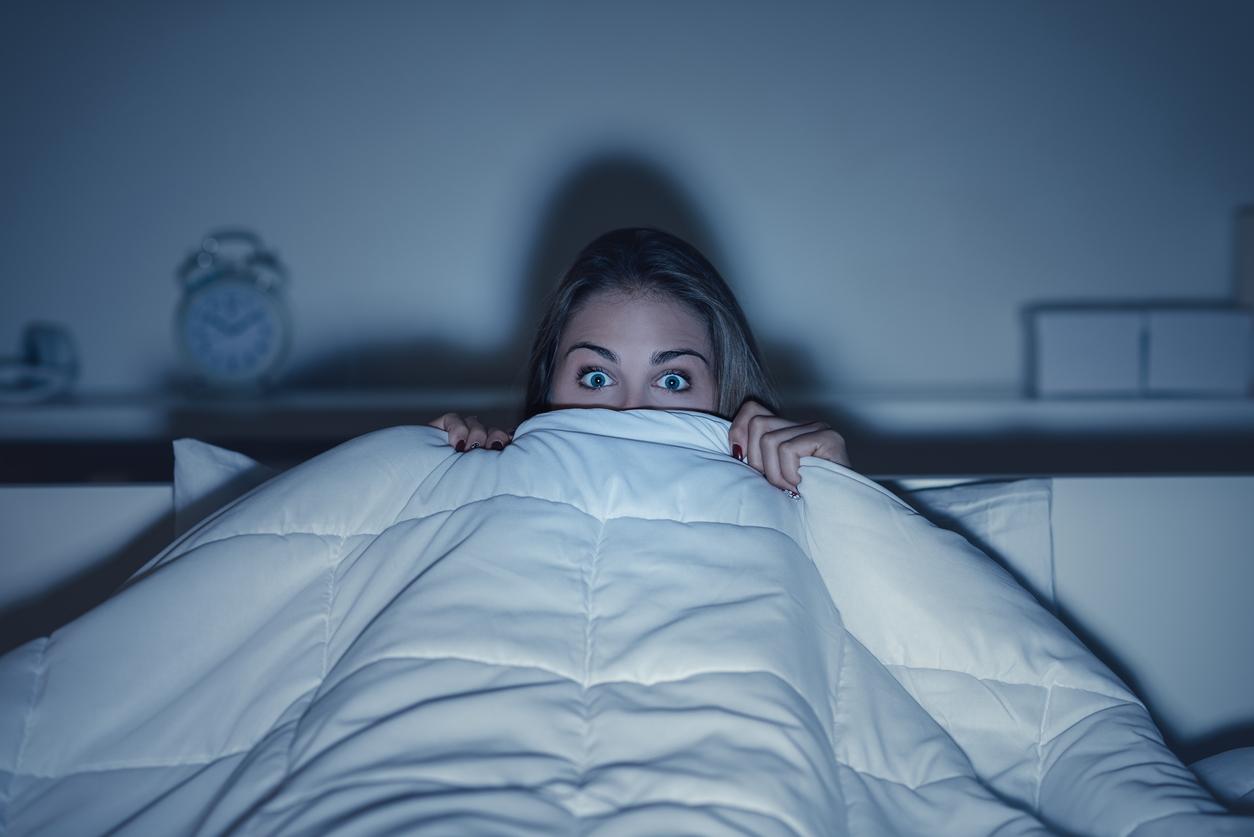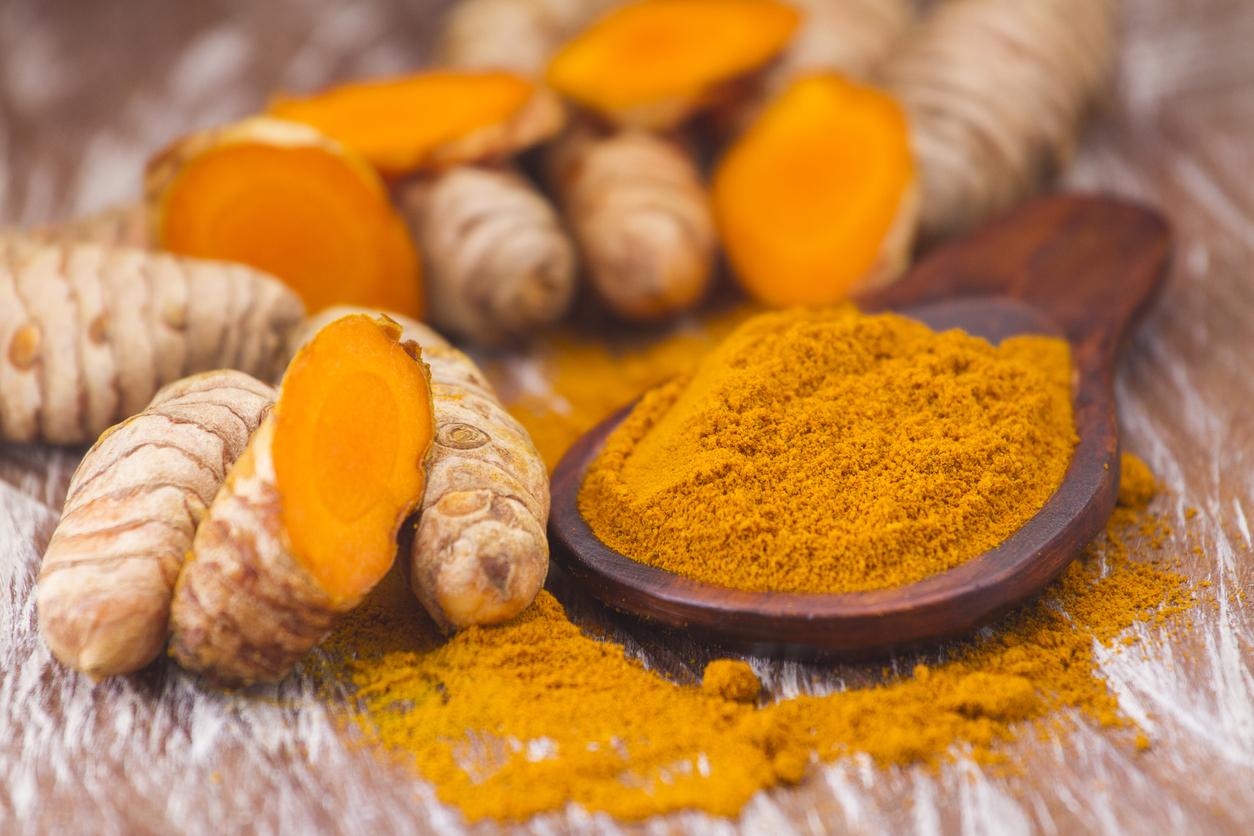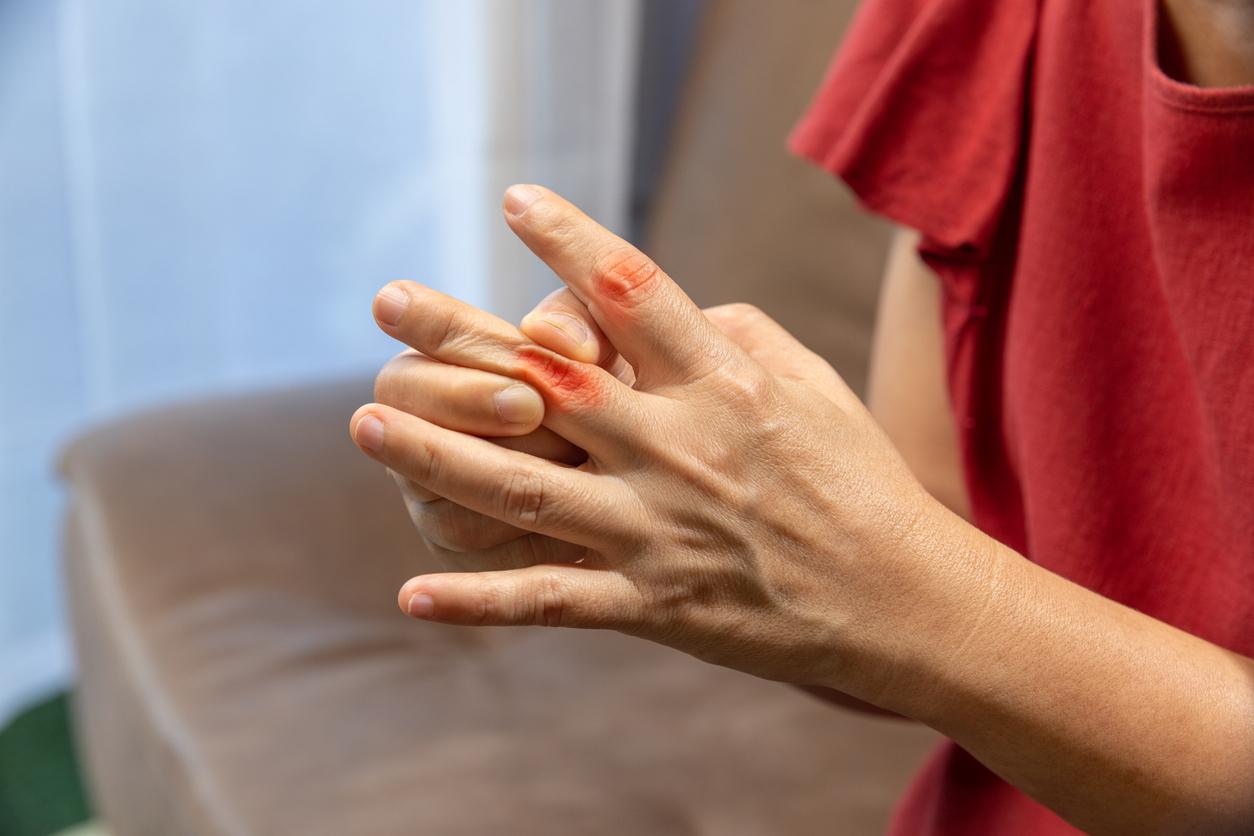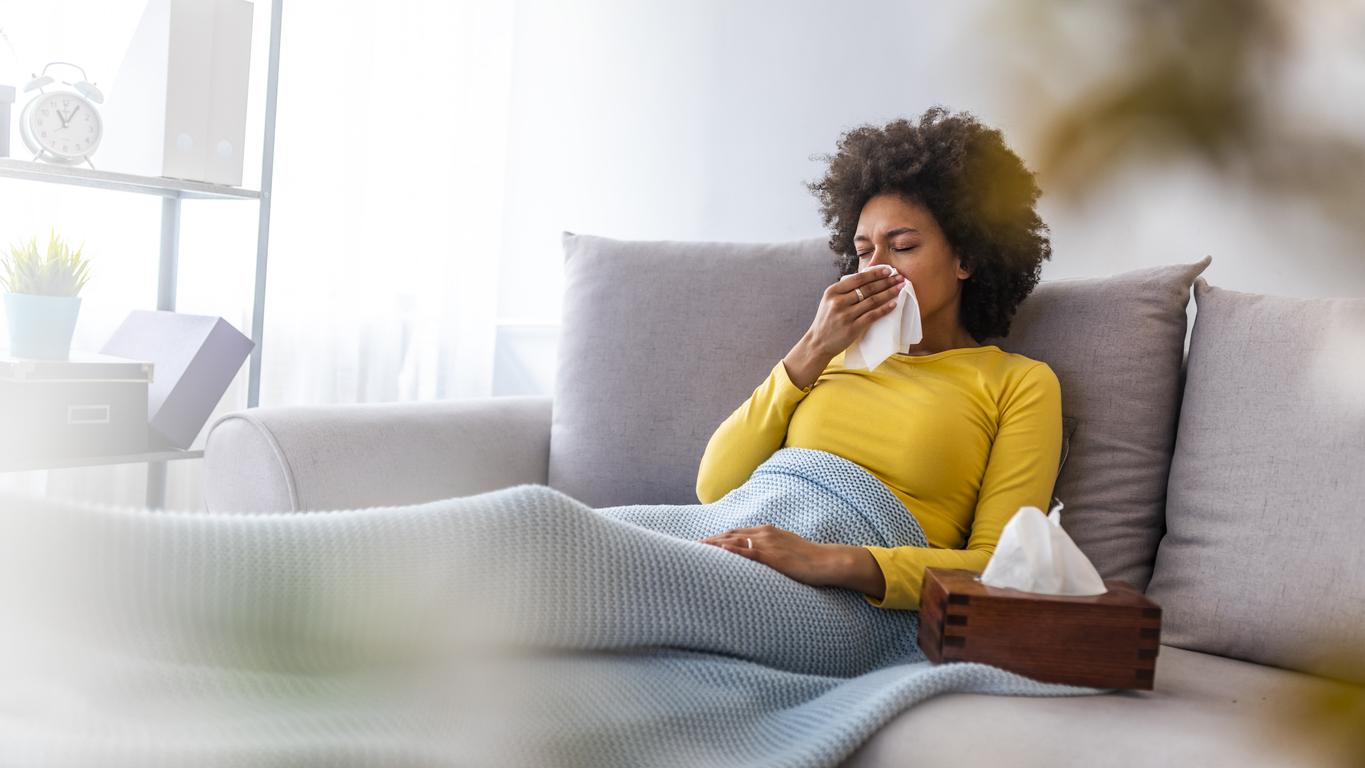Recreational fear experiences, such as a horror movie or haunted house, may reduce inflammation in the body and strengthen the immune system, researchers say.

- A Danish study examined the impact of recreational fear on inflammation in 113 participants, using blood samples before, just after, and three days after a haunted house experience.
- Results show that 82% of participants showing mild inflammation (hs-CRP > 3 mg/L) saw their key inflammatory markers significantly decrease.
- These effects, similar to immune responses observed during acute stress in animals, suggest that recreational fear could prepare the immune system to confront trauma or potential infections.
Scare yourself to feel better? A study carried out by researchers at the University of Aarhus, in Denmark, opens a new avenue of remedy that is surprising to say the least. According to their work published in the journal Brain, Behavior and Immunityrecreational fear experiences, such as haunted house attractions, may reduce inflammation in some people with chronic low-grade inflammation.
Fear beneficial for the immune system
Fear and acute stress are essential mechanisms for survival, triggering an adrenaline response known as the fight or flight response. If chronic stress is associated with harmful inflammation, a brief and voluntary activation of the nervous system could, on the contrary, positively stimulate the immune system. It is this hypothesis that the researchers explored.
To test it, scientists recruited 113 adults (69 women and 44 men, with an average age of 29.7 years) for a visit to a haunted house in Vejle, Denmark. The participants, exposed to intense shivers for about an hour, had their heart rate monitored. They also self-assessed their fear on a scale of 1 to 9. In addition, blood samples were taken before, immediately after, and three days after the event. The goal: to measure levels of high-sensitivity C-reactive protein (hsCRP), a key marker of inflammation in the body, as well as the number of certain white blood cells.
A reduction in inflammatory markers
Of the 22 participants with low-grade inflammation (hs-CRP > 3 mg/L) before the experiment, 82% showed a significant reduction in their inflammatory markers three days after fear exposure. Their average hs-CRP level increased from 5.7 mg/L to 3.7 mg/L, details a press release. Additionally, a decrease in white blood cells was seen in the entire group, although their levels remained within the normal range. These findings align with animal studies that suggest acute stress may prepare the immune system to confront trauma or potential infections.
Beyond thrills, frightening activities could therefore have beneficial effects on the immune system, particularly for people suffering from moderate chronic inflammation. The researchers point out, however, that these effects must still be confirmed by additional research before considering any clinical application.














